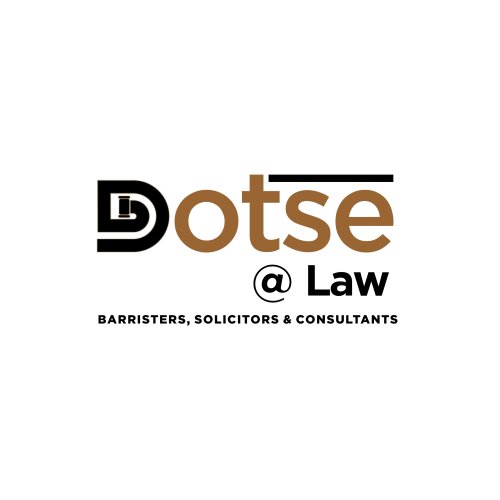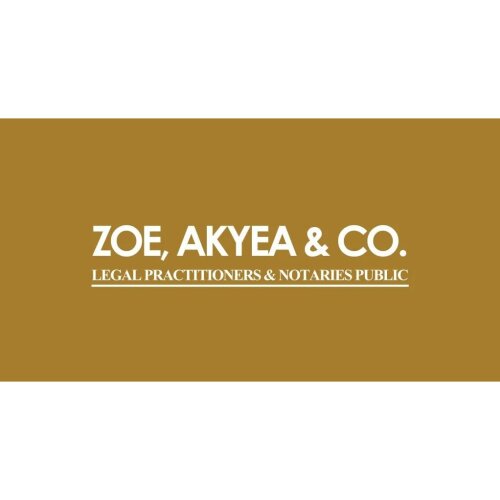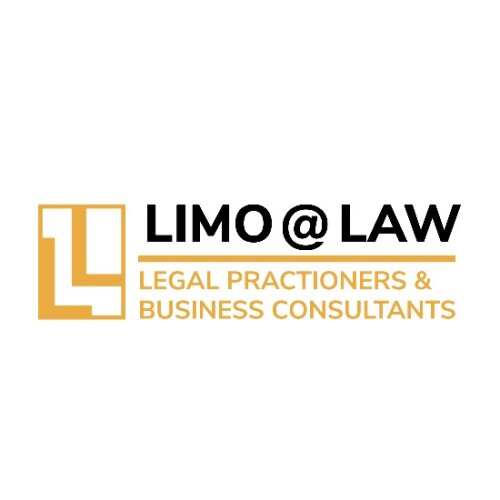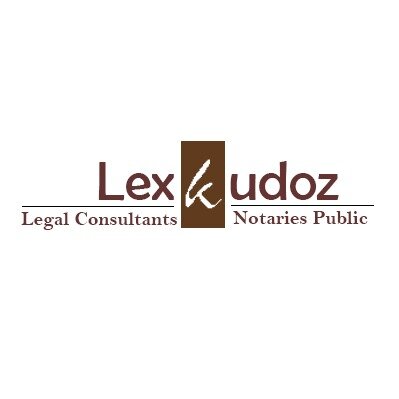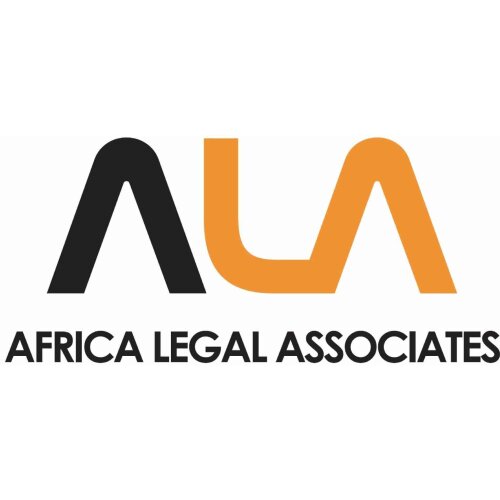Best Bankruptcy Lawyers in Accra
Share your needs with us, get contacted by law firms.
Free. Takes 2 min.
List of the best lawyers in Accra, Ghana
About Bankruptcy Law in Accra, Ghana
Bankruptcy law in Accra, Ghana, serves as a critical framework for both individuals and businesses that are unable to meet their financial obligations. The laws are primarily designed to provide relief to overburdened debtors, allowing them to manage their debts and offer protection to creditors. In Ghana, the legal process surrounding bankruptcy is influenced by the Companies Act, 2019 (Act 992) and other related statutes which provide structured procedures for debt resolution and insolvent estates management.
Why You May Need a Lawyer
Bankruptcy can be a complex process that often involves intricate legal and financial assessments. Legal assistance becomes crucial in situations such as negotiation with creditors, representation in court proceedings, and ensuring compliance with the statutory requirements of filing for bankruptcy. Lawyers can also offer strategic advice on asset protection, restructuring of debts, and other financial arrangements aimed at reducing distress during financial turmoil.
Local Laws Overview
The Companies Act, 2019 (Act 992) and related statutes regulate Bankruptcy in Ghana. Key aspects include the appointment of a Receiver to manage insolvency processes, the requirement for debt resolution plans, and provisions for restructuring distressed enterprises. The law supports both liquidation and rehabilitation of businesses, offering hope to proprietors and stakeholders through guided resolution processes. Additionally, recent amendments have aimed at strengthening creditor positions while safeguarding debtor interests.
Frequently Asked Questions
What is bankruptcy?
Bankruptcy is a legal proceeding involving an individual or business that is unable to repay outstanding debts. The process helps in either liquidating assets to pay off debts or reorganizing debt structure.
How long does the bankruptcy process take in Accra, Ghana?
The duration of the bankruptcy process can vary significantly based on the complexity of the case, the nature of debts involved, and the backlog in the court system. It can range from a few months to several years.
Can individuals file for bankruptcy in Ghana?
Yes, both individuals and businesses in Ghana can file for bankruptcy under the applicable laws.
What is the role of a Receiver in the bankruptcy process?
A Receiver is appointed to oversee the insolvency process, manage estate affairs, and ensure equitable treatment of creditors. They help in asset liquidation or restructuring proceedings.
Will bankruptcy eliminate all debts?
Not necessarily. While bankruptcy can discharge many unsecured debts, some obligations like taxes, student loans, and child support may remain.
How can a lawyer help in the bankruptcy process?
A lawyer can provide legal guidance on the filing process, help create debt resolution plans, represent clients in court, and negotiate with creditors for more favorable terms.
Are there alternatives to bankruptcy?
Yes, alternatives such as debt restructuring, out-of-court settlements, or creditor negotiations may provide relief without resorting to bankruptcy.
What are the consequences of filing for bankruptcy?
While bankruptcy can offer relief from debt, it can also affect credit ratings, restrict access to future credit, and lead to asset liquidation depending on the case specifics.
Is bankruptcy a public record in Ghana?
Yes, bankruptcy filings are typically part of the public record and can be accessed by interested parties.
Can bankruptcy be reversed in Ghana?
Under certain conditions, such as a settlement with creditors or court approval, a bankruptcy declaration can be annulled.
Additional Resources
People can seek additional information and support from entities such as the Registrar General's Department, the Ghana Bar Association, and legal aid organizations that assist with insolvency issues. Financial advisors and tax consultants may also offer valuable insights into managing debts and financial liabilities.
Next Steps
If you are considering bankruptcy or are already facing financial distress, the first step is to consult an experienced bankruptcy lawyer. They can provide advice tailored to your specific financial situation and help you explore all available options. Additionally, gathering all necessary financial documents, understanding your current credit standing, and listing your assets and obligations can facilitate the process. Taking proactive measures early can significantly help in mitigating long-term repercussions.
Lawzana helps you find the best lawyers and law firms in Accra through a curated and pre-screened list of qualified legal professionals. Our platform offers rankings and detailed profiles of attorneys and law firms, allowing you to compare based on practice areas, including Bankruptcy, experience, and client feedback.
Each profile includes a description of the firm's areas of practice, client reviews, team members and partners, year of establishment, spoken languages, office locations, contact information, social media presence, and any published articles or resources. Most firms on our platform speak English and are experienced in both local and international legal matters.
Get a quote from top-rated law firms in Accra, Ghana — quickly, securely, and without unnecessary hassle.
Disclaimer:
The information provided on this page is for general informational purposes only and does not constitute legal advice. While we strive to ensure the accuracy and relevance of the content, legal information may change over time, and interpretations of the law can vary. You should always consult with a qualified legal professional for advice specific to your situation.
We disclaim all liability for actions taken or not taken based on the content of this page. If you believe any information is incorrect or outdated, please contact us, and we will review and update it where appropriate.



